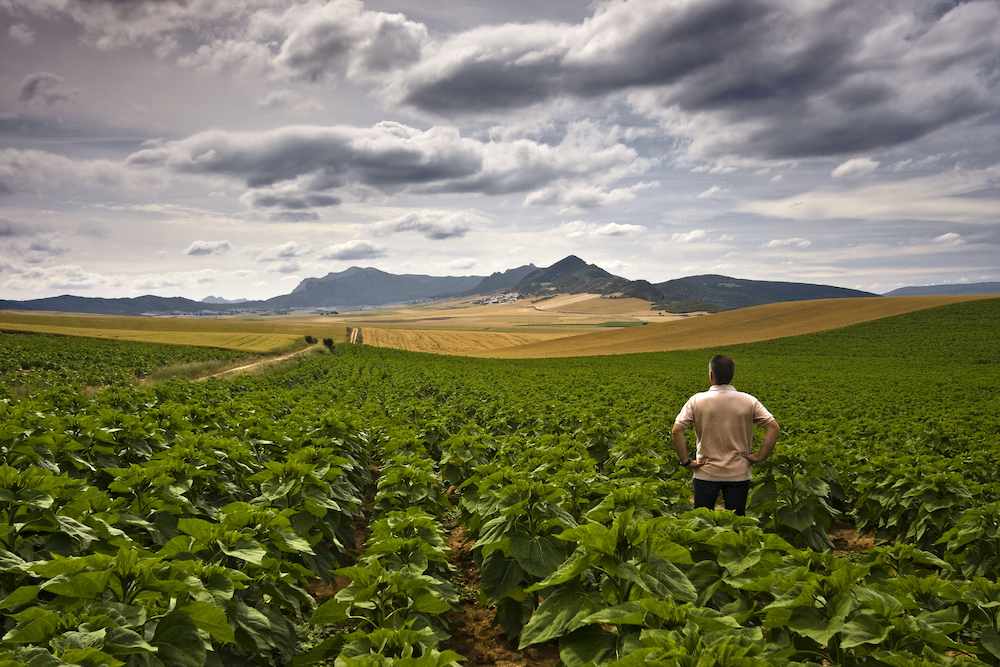Opinion: green claim standards tightening worldwide

By Green Tick Certification Limited principal scientist Susan Harris
 Last week www.freshfruitportal.com reported that Dole had been issued with a compliance advice letter by the New Zealand Commerce Commission, warning that its "Ethical Choice" banana labeling campaign could be in breach of the Fair Trading Act 1986. This latest action by NZ's consumer protection agency is another example of a worldwide trend where consumer law is tightening on 'green', 'ethical' and 'fair trade' claims (green claims).
Last week www.freshfruitportal.com reported that Dole had been issued with a compliance advice letter by the New Zealand Commerce Commission, warning that its "Ethical Choice" banana labeling campaign could be in breach of the Fair Trading Act 1986. This latest action by NZ's consumer protection agency is another example of a worldwide trend where consumer law is tightening on 'green', 'ethical' and 'fair trade' claims (green claims).
Legal standards tightening, greater enforcement
Legal standards governing green claims are strengthening worldwide. Unsubstantiated, false and misleading claims are increasingly being targeted for action by consumer authorities. Within the next few weeks an amendment to NZ's consumer law will require producers to provide legally sound evidence to back any green claim at the time it is made.
Properly constructed life-cycle analysis is needed, not just general statements about 'eco-friendliness' or single issue claims such as 'carbon neutral', when pesticide and water use, for example, are key sustainability issues for fruit crops.
Fines for individuals are up to NZ$60,000 (US$48,652) while companies would have to pay NZ$200,000 (US$162,164), plus legal and expert witness costs as well as the costs of any corrective advertising required. In Australia, penalties are up to AUD$220,000 (US$232,500) for individuals and AUD$1.1 million (US$1.16 million) for businesses.
In the Berri Australian Fresh case, the company was found to have made false claims about its berry drinks in TV ads, and was required to fund a corrective advertising campaign Australia-wide.
In the U.K., false representations are a criminal offence, with up to two years' imprisonment. There, Malaysian Palm Oil was required to remove ads claiming that their palm oil was grown "sustainably since 1917".
The U.S.'s Federal Trade Commission has also increased its enforcement actions in the areas of carbon claims, renewable energy, packaging, and false green certifications. Actions are also underway at state level, and in California companies must provide backing for green claims on request by any member of the public.
Growing public concern for the environment and human rights
The increasing emphasis on regulation and science-based substantiation of green claims is a product of growing public concern with environmental and human rights issues. The rapid distribution of information across the internet, 'live' internet linkages between government enforcement agencies, and social media can instantly focus the attention of millions of people on a single event in a matter of hours. Dole issued its retraction statement only a few hours after the news of its warning went on-line in NZ.
The power of the internet - brands can be trashed in a single day
The Dole example is another that illustrates the power of the Internet to influence consumers and the buying decisions they make. Brands and market sales can be severely damaged, even trashed in a single day, especially if the company concerned cannot instantly provide a robust and convincing defense of its marketing claims online and to the media.
Another trend is the demise of some so-called 'green certification' schemes, where green labeling has been challenged or discredited when certifications have been found wanting, such as in the Tested Green case in the U.S., were certifications were neither tested nor green. Unfortunately false claims and false certifications can do damage to the overall credibility of genuinely 'green' and 'ethical' producers, and this is also helping to drive the tightening up of enforcement standards by consumer authorities.
'Cybermarket' opportunities for genuinely green and ethical producers
The flip side of this story is that just as instant, and very cheap, 'cybermarket' opportunities exist for genuinely green, ethical producers who have a good story to tell. Where else can a company see a marketing campaign go viral for almost nothing? We recommend that no green claim is made unless it is supported by a competent life-cycle assessment.
Software is available to do this much more quickly and cheaply than in the past. A similar standard of proof holds for ethical claims. When hiring an independent certifier, choose a proven scientific provider that uses ISO life-cycle based standards, and that does an on-site audit that will stand up in court and online. Have a well-designed marketing campaign that includes a flexible social media component updated regularly, just like the best Facebook pages.
YouTube videos are relatively easy and cheap to shoot, edit, and upload on-line. Show your customers where and how you grow and package your fruit. Show them the smiling faces of your workers. Show them the amazing places that you come from, like Aotearoa in New Zealand, which in the Maori language means 'land of the long white cloud'. This will help keep your presentation fresh, alive, and easily consumed, just like your beautiful fruit products.
















































